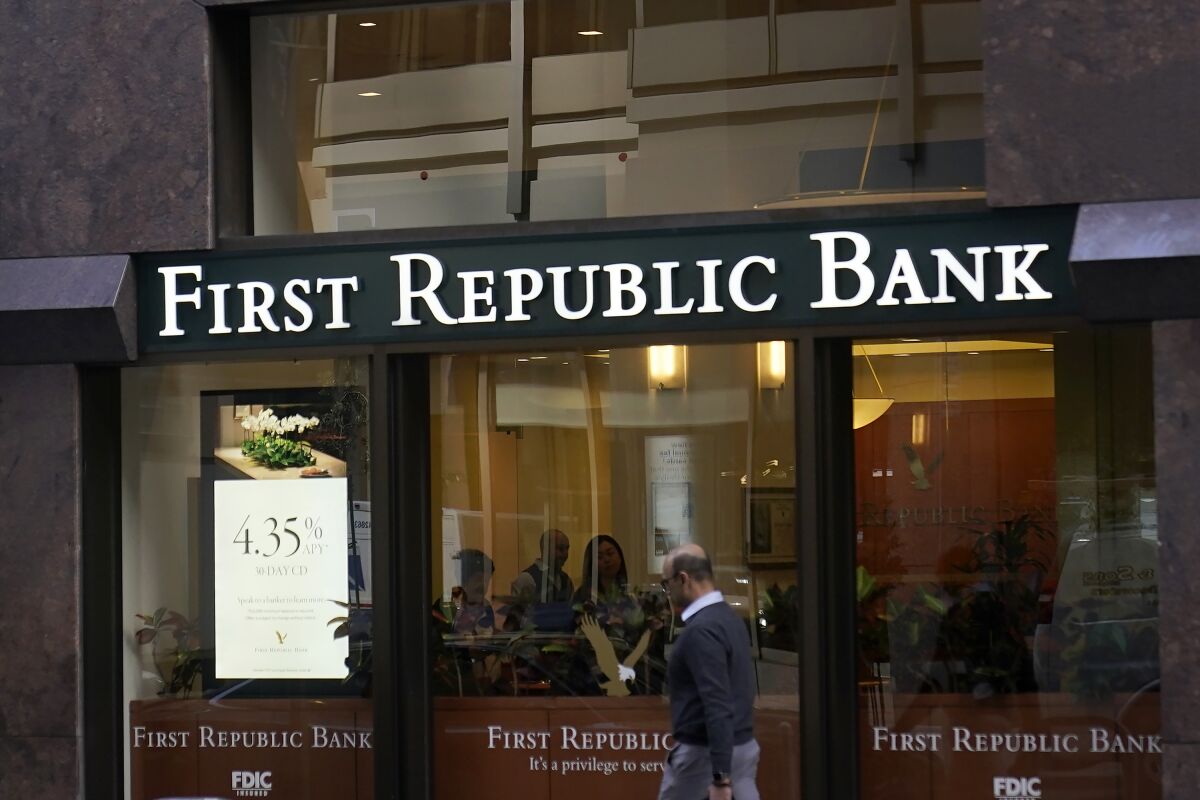On Monday, it was announced that JP Morgan will be paying for First Republic Bank, which was seized by regulators. The deal involves JP Morgan acquiring $173 billion of loans, $30 billion of securities, and $92 billion of deposits of the failed lender.
This move by JP Morgan highlights the growing trend of big banks acquiring smaller lenders. In recent years, many smaller banks have struggled to compete in the increasingly crowded financial industry. As a result, they have become attractive targets for larger banks like JP Morgan.
While the acquisition of First Republic Bank will help JP Morgan expand its business, it is also a reminder of the potential risks involved in the financial industry. As we have seen in the past, the failure of one bank can have a ripple effect throughout the entire financial system.
However, JP Morgan is well-positioned to handle any potential risks associated with the acquisition. The bank has a strong track record of managing risk and has weathered many storms over the years.
Overall, the acquisition of First Republic Bank is a positive development for JP Morgan and the banking industry as a whole. It will help the bank continue to grow its business and provide customers with a wider range of services.















